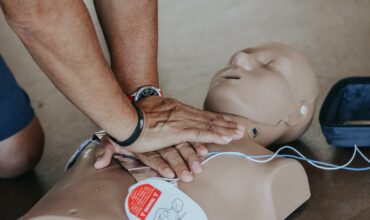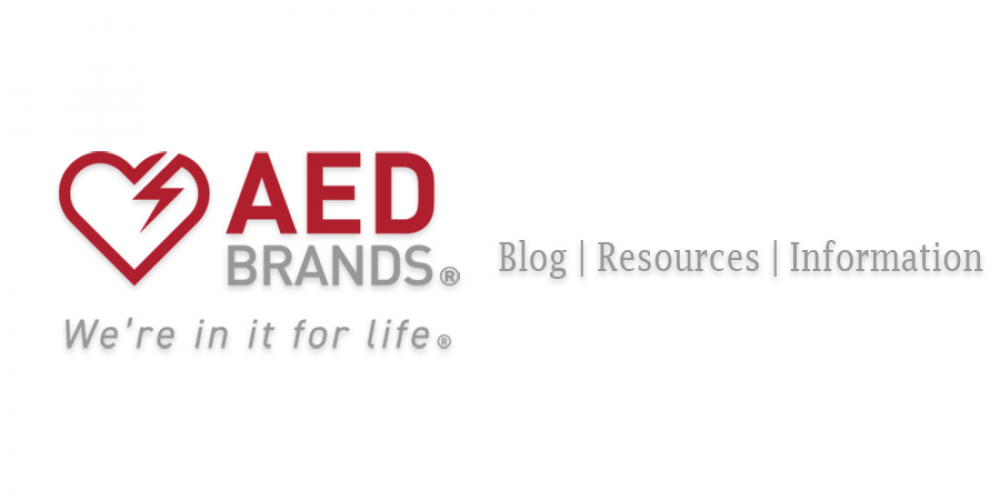- Your cart is empty
- Continue Shopping


Buffalo Bills Safety Damar Hamlin suffered cardiac arrest on Monday night against the Cincinnati Bengals. Hamlin was given CPR and an AED was deployed by first responders.
At the time of publication, the NFL had released a statement confirming Hamlin is in critical condition.
Damar Hamlin is in critical condition, according to the NFL. 🙏 pic.twitter.com/HM5dpGZCtM
— Tom Pelissero (@TomPelissero) January 3, 2023
A source tells FOX19 the Bills player, 24-year-old Damar Hamlin, has been intubated and is listed in critical condition at the University of Cincinnati Medical Center. https://t.co/Kwq8dSlqwW
— DeniseBruckner "IMAGINE" (@DBruckner1009) January 3, 2023
An automated external defibrillator (AED) is a portable device that analyzes the heart’s rhythm and delivers an electric shock to the heart if necessary. The shock, called defibrillation, can potentially stop an irregular heart rhythm and allow the heart to return to its normal rhythm.
Here’s how an AED works:
AEDs are designed to be easy to use and require minimal training. Most AEDs have step-by-step instructions and voice prompts to guide the user through the process.
Sudden cardiac arrest is a medical emergency that occurs when the heart suddenly and unexpectedly stops beating. It can affect people of any age, but some groups are at higher risk than others.
Some factors that can increase a person’s risk of sudden cardiac arrest include:
Age: The risk of sudden cardiac arrest increases with age. It is more common in people over the age of 65.
Male gender: Men are slightly more likely to experience sudden cardiac arrest than women.
Family history: If you have a family history of sudden cardiac arrest or inherited heart conditions, you may be at increased risk.
Personal history of heart disease: If you have been diagnosed with a heart condition, such as coronary artery disease, heart failure, or cardiomyopathy, you may be at higher risk of sudden cardiac arrest.
Previous heart attack: If you have had a heart attack in the past, you are at increased risk of sudden cardiac arrest.
Certain medications: Some medications, such as certain antidepressants and antiarrhythmic drugs, can increase the risk of sudden cardiac arrest.
Substance abuse: Substance abuse, particularly abuse of stimulant drugs like cocaine, can increase the risk of sudden cardiac arrest.
Obesity: Being obese or having a high body mass index (BMI) can increase the risk of sudden cardiac arrest.
Implementation Guide